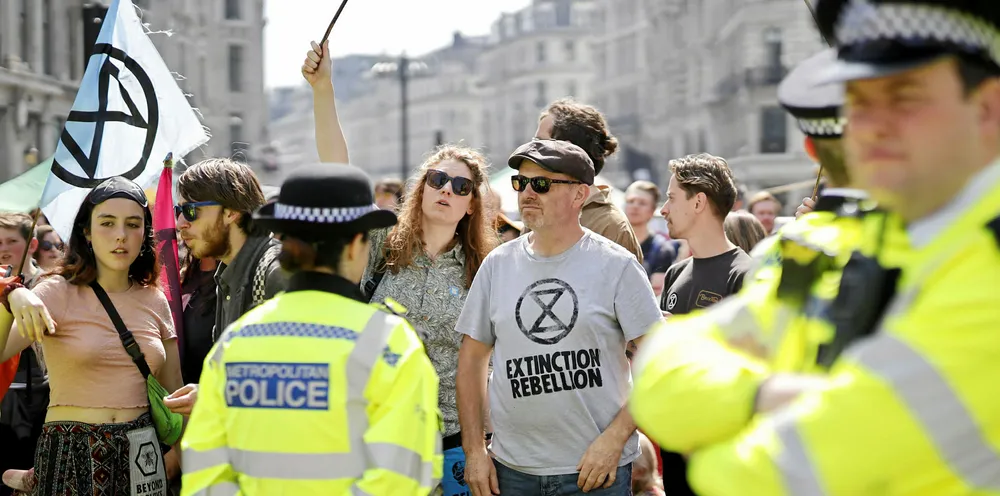'UK can't hit net-zero emissions pre-2050,' policy chief tells Extinction Rebellion
'Big barriers' to faster decarbonisation says chief executive of Committee on Climate Change

'Big barriers' to faster decarbonisation says chief executive of Committee on Climate Change
